I’m the author, journalist, producer, and podcast creator Danyel Smith. SHINE BRIGHT HQ is where I freestyle about music and culture. And regardless of what some say, right now it’s Black History Month. Feb. 1 was about Janet Jackson and Michael Jackson. Feb. 2 was about duets. Feb. 3 was about Beyoncé, this week’s Grammys, and Grammys history. Yesterday was VIBE magazine. The daily (!) celebration continues, so ⤵️
Hello. Let’s talk about Natalie Cole.
You might hear “This Will Be” and immediately think of 1998’s The Parent Trap — Natalie Cole’s “This Will Be” plays over the end-credits, when Dennis Quaid and Natasha Richardson are back together again. In 1997, Mary J. Blige covered Cole’s “Our Love” on her Share My World. Cole is widely sampled, but my favorite Natalie sample is on “Karma” from 50 Cent protégé Lloyd Banks’ first album. The song pulls from Natalie Cole’s “Inseparable.” Bank’s Karma was a Top 20 hit.
Natalie Cole came into my life via home stereo speakers when I was like 10. This was in the pre-CD, vinyl era, and the A-side of her 1975 debut album — Inseparable — is a perfect poem of very short, emotionally effervescent songs.
“Needing You”: I hesitate to use the descriptor “funky,” because people use it so much the word doesn’t have real meaning any more. But: “Needing You” is very FUNKY.
Then:
Like, who is Joey? Joey is love, that’s who Joey is. Here, Cole’s singing is so sleek, so cooly … wondering. so Then comes “Inseparable” — such a huge wedding song of its era: It’s so wonderful / To know you’ll always be around / Me. Cole’s delivery is so disciplined, pacing-wise — you can hear that our Whitney Houston was definitely doing some listening to Natalie Cole.
And they were of good spirits about it. The below moment from 1992 makes their relationship clear. A .gif from this scene was for a while one of the most popular on social media platforms:
And finally:
There are many echoes of Aretha here ⬆️ and please believe everybody heard them. And then Natalie closes out her divine Side A with the aforementioned “This Will Be.”
To be honest, I rarely listen to the B-side of Natalie Cole’s first album. Not because it’s unworthy, but because I found my island of joy on Side A. We love what we love. Everything was written by Chuck Jackson and Marvin Yancy. More on Yancy in another edition of SHINE BRIGHT HQ, because he and Natalie became husband and wife. But first, let’s backtrack real quick. and talk Aretha:
“This Will Be” was a No. 1 R&B hit — the first of five No. 1s from Cole, over two years and four albums. That’s working. Like, the woman was never not recording. Natalie was like 25, 26, 27, and media reports were referring to her as “the new Aretha Franklin.” Aretha is just eight years older than Natalie, and wasn’t quite feeling the idea that a torch needed to passed. And to be honest, why couldn’t they both reign in the cultural imagination at the same time? I adore Aretha. Taking into consideration voice, piano, ability to sing across genres, longevity, hits, star power, and the work she put into translating real and true EMOTION, Aretha Franklin is the most talented woman in the history of American music.
But we do ourselves a disservice — we do the artists a disservice — when we leave out the black women of the ‘70s who rise to the occasion of Aretha’s greatness — if not for a whole career, then for a song, for an album, or for a season. Natalie is too rarely mentioned in conversations that include the brilliant Gladys Knight and Patti LaBelle, especially when — taking into consideration, voice, ability to sing across genres, star power, hits, and the work she put in to convey deep and unforgettable EMOTION, I’m quite serious when I say that Natalie Maria Cole is the closest thing to Aretha this world has seen.
And it’s not just because Natalie Cole’s big No. 1s happened while Aretha was experiencing a rare struggle moment. Aretha’s 1974 With Everything I Feel In Me album was the first that had no hits whatsoever. Nothing broke Top 40. Aretha’s 1975 album, You, was also a disappointment. With all this came the end of Aretha’s working relationship with longtime producer Jerry Wexler. But she bounced back in ‘76 with the Sparkle soundtrack, which was produced in its entirety by Curtis Mayfield. There was one single, the iconic gold record “Giving Him Something He can Feel.”
So, Natalie was between rock and hard place. She wasn’t just competing with and being compared to Aretha Franklin. Natalie had already been trying hard to be her own self, and not “just” the daughter of the legendary Nat “King” Cole. Natalie was in the shadow of two legends. Franklin, and her father.
More here on Cole — the music, the drugs, the comeback — tomorrow. You can also listen to more about Cole via my podcast:
6 more Black History Month things:
In case you haven’t seen it on CNN, OWN: Oprah Winfrey Network will premiere the documentary Luther: Never Too Much on February 7
Gabby Thomas and CoCo Gauff are being stalked.
“When you’re writing, you’re trying to find out something which you don’t know. The whole language of writing for me is finding out what you don’t want to know, what you don’t want to find out. But something forces you to anyway.” The Paris Review’s full Art of Fiction interview with James Baldwin is here.
A message to celebrities from
: “take the check, but don’t let it be hush money.Oakland, California sends the great Rickey Henderson home.
In music,
Danyel




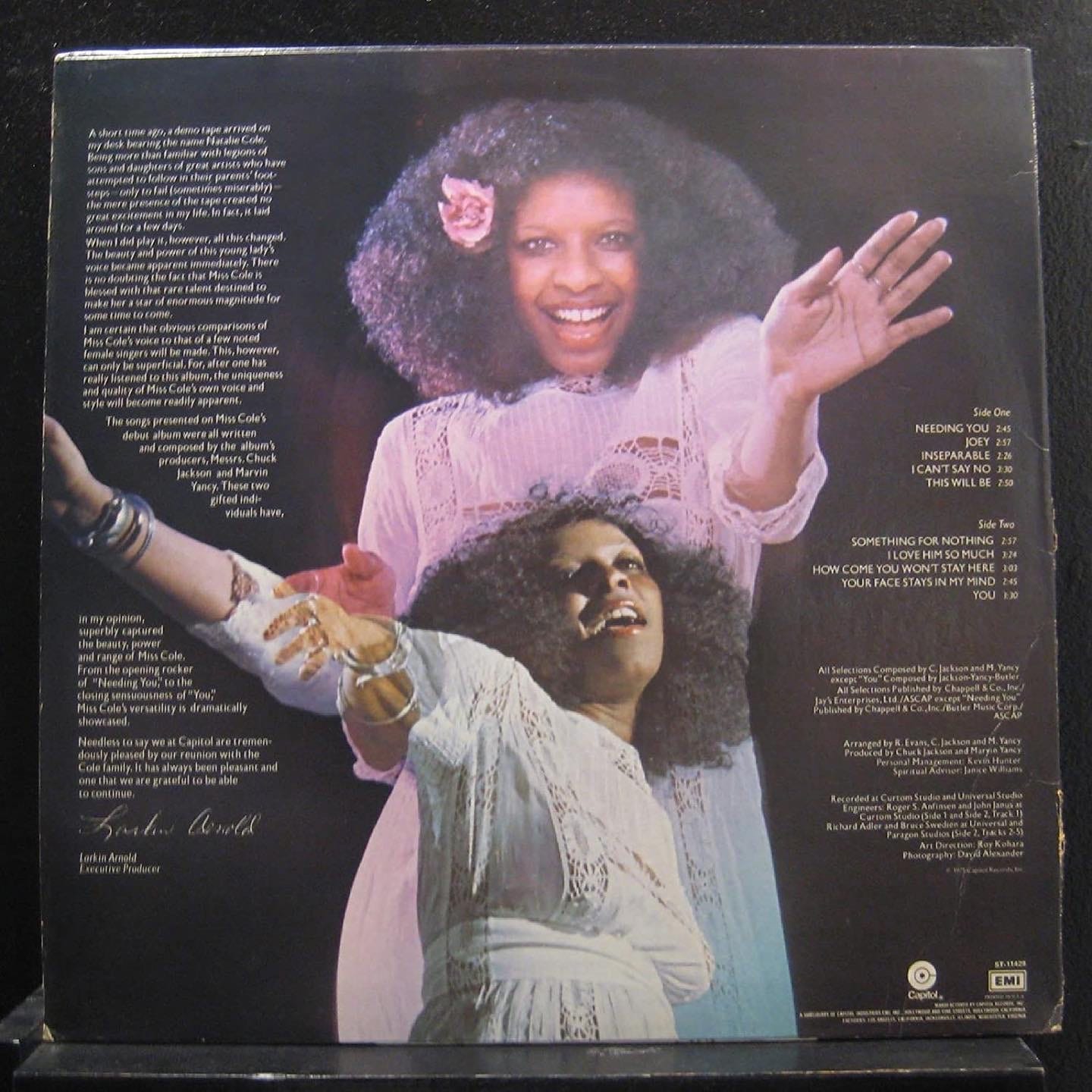
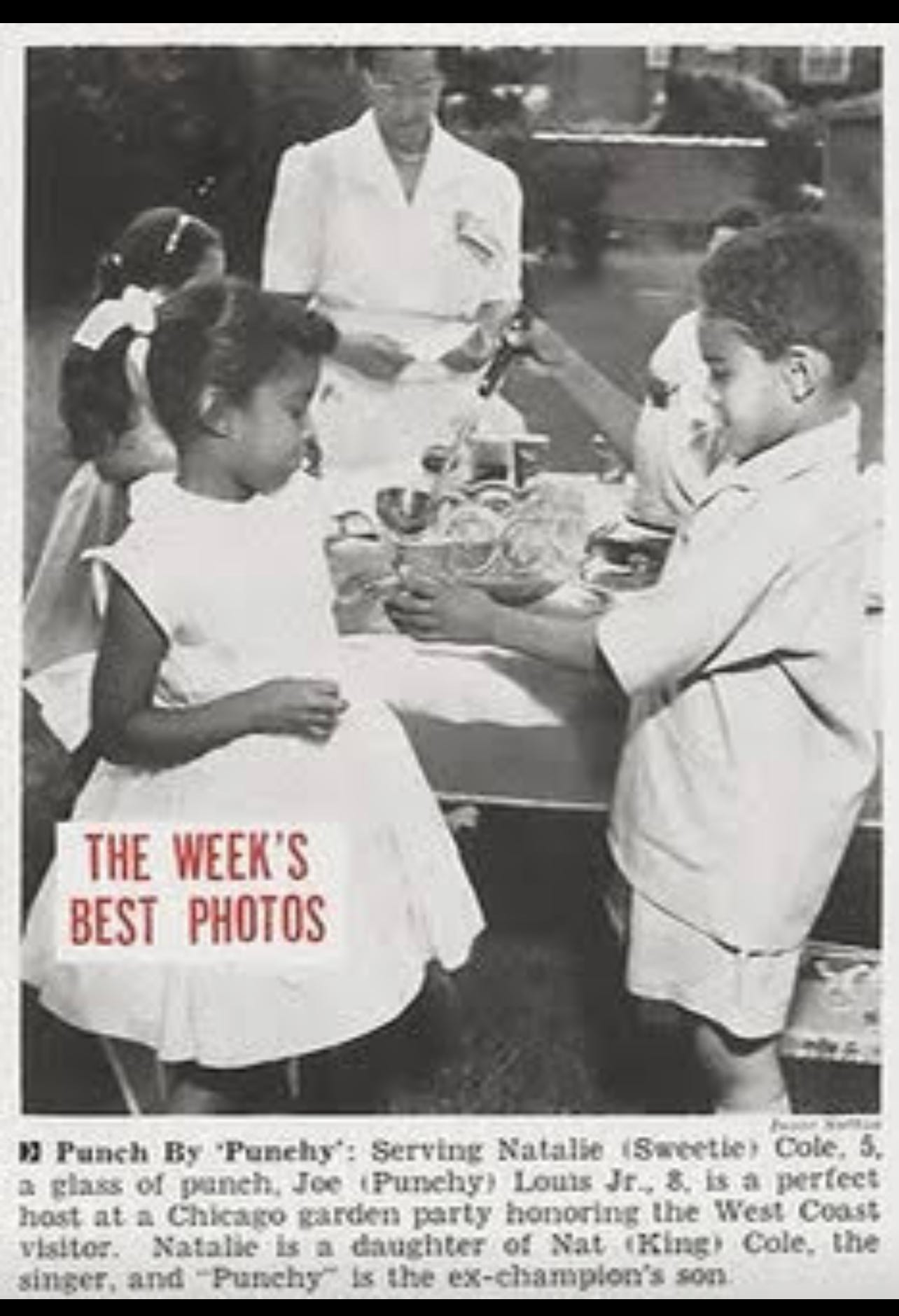
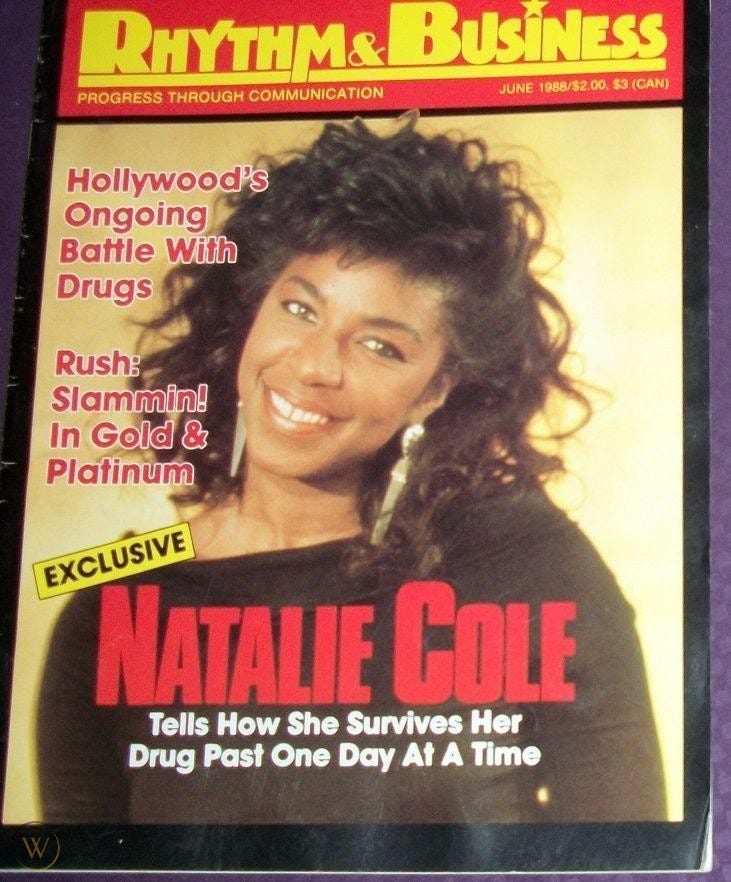

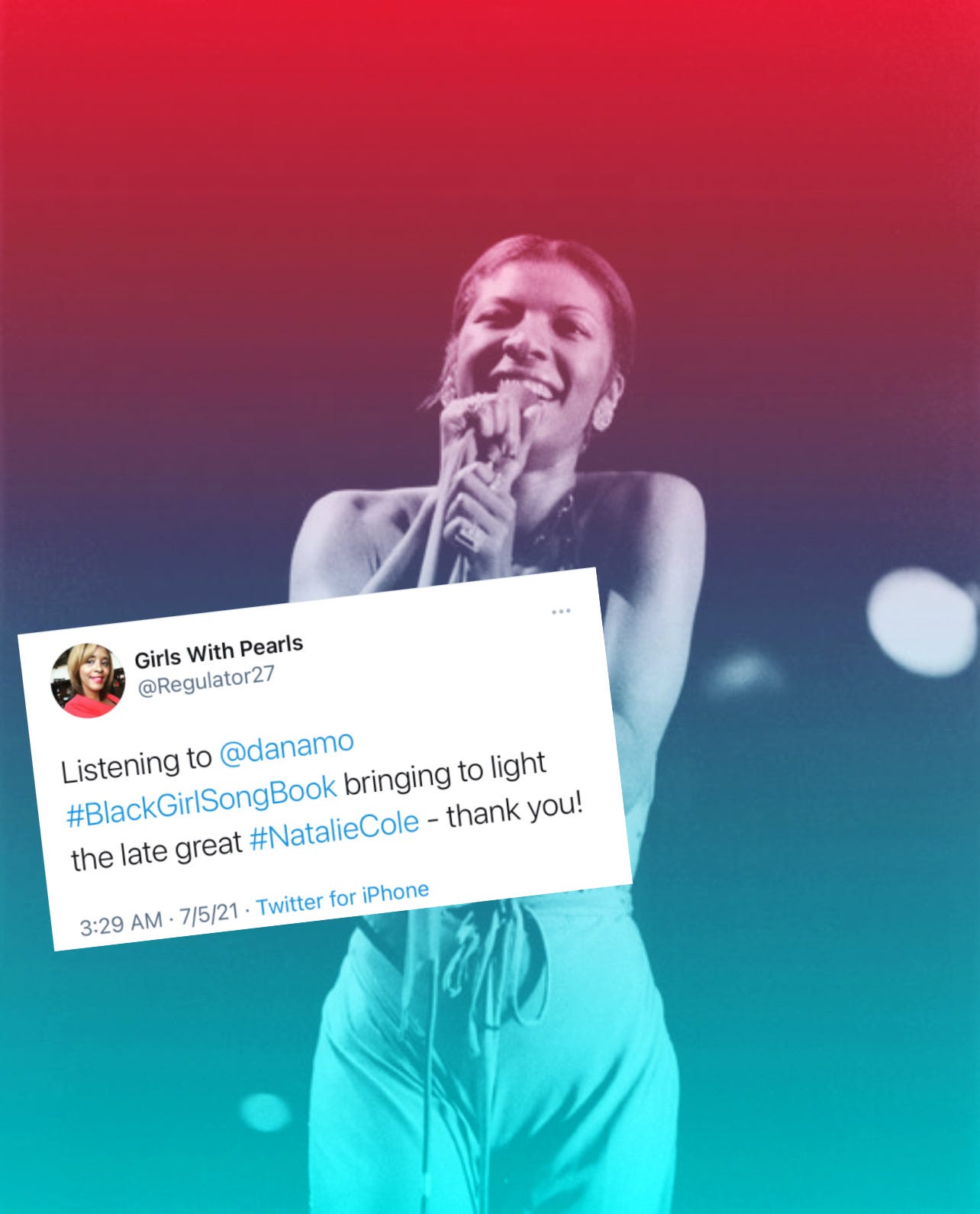
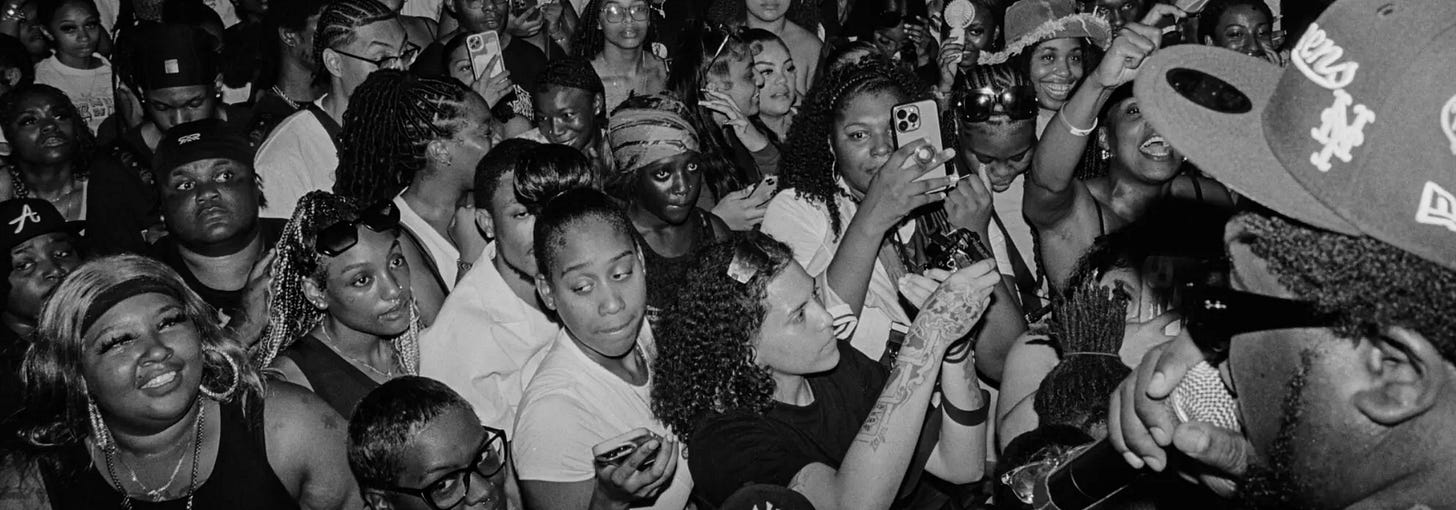
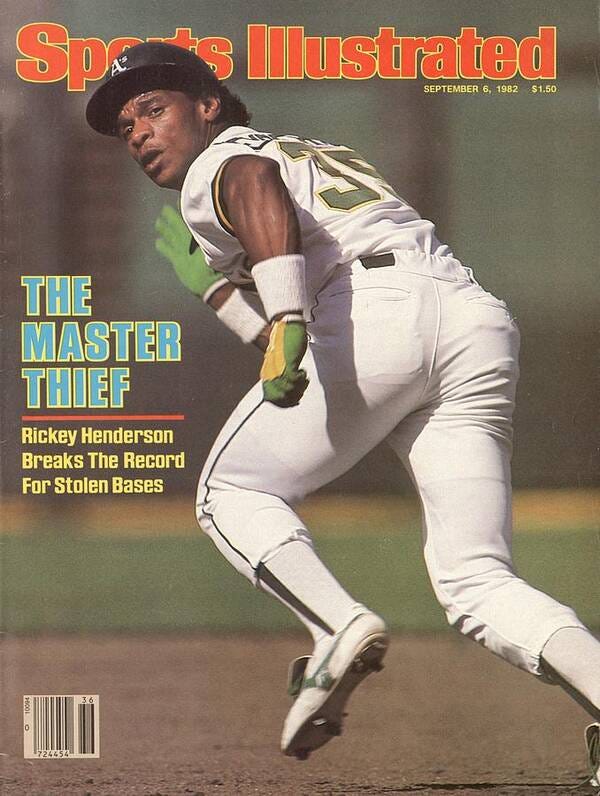
I never understood why Natalie Cole wasn't given her due for her genius. Thanks for the context.
“In the shadow of two legends” Great piece, Danyel